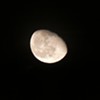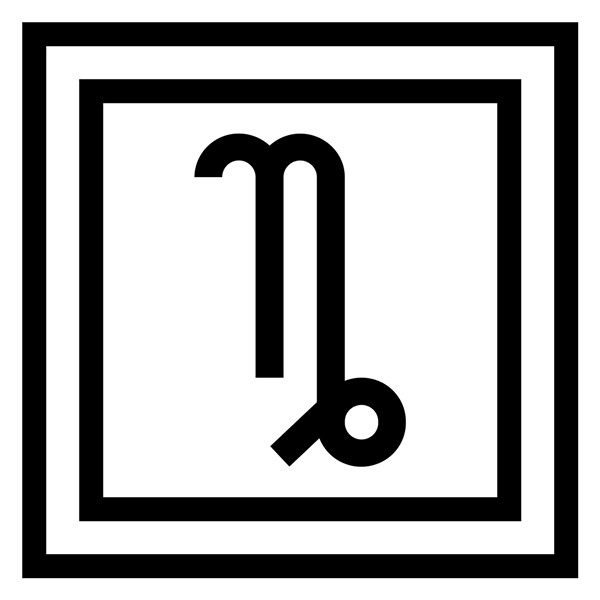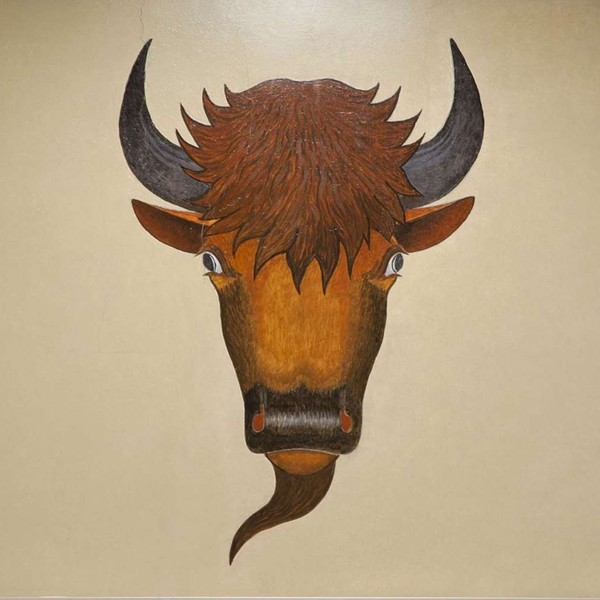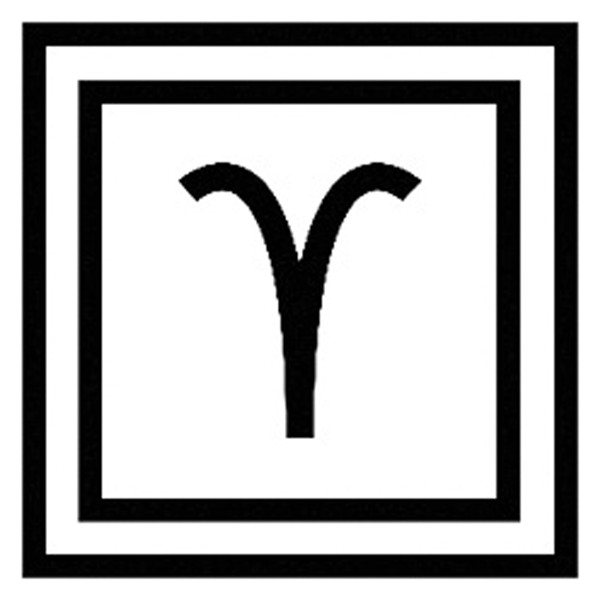“These questions have always prevented me from making long-term plans,” he wrote, due to his conviction that “the best approach to fulfilling possible futures is the discipline of keeping the attention rooted in the moment, with faith that the next step will become apparent if I am present here and now.”
He asked his readers to offer some ideas about this, and as Jason’s astrologer and that of Chronogram, I thought I would give it a try. These are very old issues, and many of our ideas about them are programmed with religious concepts. For example, the fate-versus-freewill discussion has been used as a cudgel in theology to address dumb questions like: If there is predestiny, are we programmed in advance to be saints or sinners and, therefore, is it set whether we’re going to heaven or hell? If so, why does it matter what we do?
(The answer is: It does not matter, as long as you go to church just in case and leave a little something in the basket. But don’t put that on your philosophy midterm.)
First, two observations about time. One involves our conception of linear time. An individual’s perception of time is usually based on a cultural model that we are given in childhood and that is reinforced throughout life, and it’s always related to technology. Our model is linear; time proceeds from the past to the future. Using this model, we exist in the present like a pair of socks hung on a clothesline, anchored to a tree in the past and the back porch in the future. Without a concept of the past (usually attached to traumatic or romanticized experiences) and the future (usually anchored in anxiety or hope), we would have no concept of the present. One slight problem is that we are hurtling toward the future but we can’t see it. It’s like driving down a highway staring into the rearview mirror.
As a result, our ideas about the present are derived from our mostly fictional ideas about the past and our entirely fictional ideas about the future. Imagine if our concept of time was rooted in the present and extended out in all directions (this is how astrology works). Our ideas are also based on our limited ideas about what birth and death are. Under this model, the tree is birth and the back porch is death; we think we exist for a span of time between the two, with no idea of what is beyond either. Presumably, if there is something “beyond” birth and death, we should have access to it now, if we are paying attention.
As an aside, most of our clocks are now digital. I’ve never seen a comment anywhere about what it means that we switched from circular clocks a generation ago to nearly all digital clocks today. Time became faceless with this gesture; clocks used to have a face. An analog clock at least presents a cyclical model of time; the hands go around and around in the context of a 12-hour cycle, in a way similar to how the Earth orbits the Sun. In a digital device, the sense of time as a line is emphasized; we move along the line like a tightrope walker and presumably we are always someplace new. A digital clock isolates the current time and takes time out of the larger cycles that really comprise it. Both analog and digital clocks offer models of sequential time, but they present two different pictures. Pictures mean a lot because they are connected to, and often shape, our concepts. Personally, I much prefer analog clocks and watches, and I use that option on my computers when I remember.
Second, our calendar system is poorly suited for measuring very long spans of time. Our system does not exactly fall apart when you go back 5,000 years, but it does not hold up well. If you say June 7, 3008 BCE, is that really meaningful? What happened that day?
The Mayans and other Mezzo-American cultures utilized a system of counting days (the Long Count) that was organized into cycles that could easily measure 26,000-year cycles. They were, we’re told, fond of the 5,125-year cycle (the baktun), and we are getting close to the end of one of those—I’ll get to this in a moment. The Mayans also used a 260-day cycle (the Short Count) that was like a floating island in time, moving through the centuries with day number 260 (and thus New Year) continuously falling in a different season. We have no convenient or conceptually coherent way to measure long spans of time. We can barely imagine 10 years in the future, and then one day a decade gets away from us. I think that our model of time is poorly suited for the effective use of it. It leaves us incredibly short sighted, something we cannot afford right now.



















